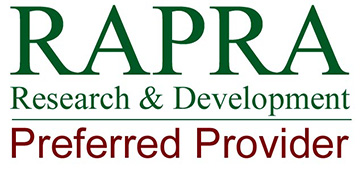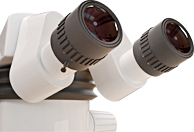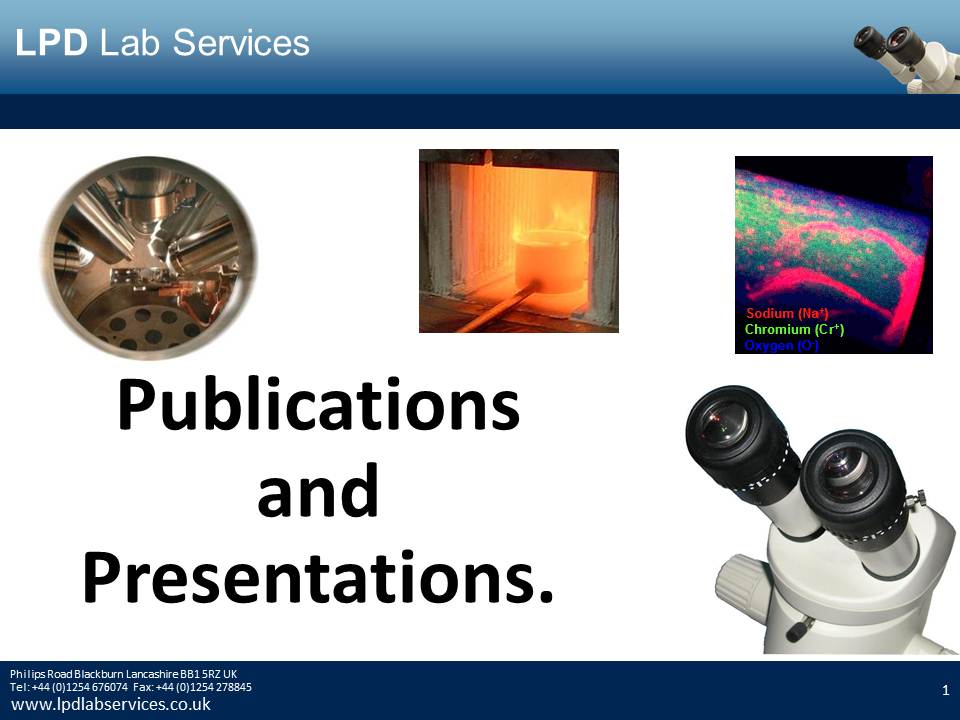RAPRA - Rubber and Plastics Research Association
 RAPRA Limited (Rubber and Plastics Research Association) was a Not-for-Profit Membership Association for companies in Polymer and Rubber manufacturing, processing or end use. For over 90 years it contributed to Research and Development of innovative new materials, products and processes by providing members with privileged access to a range of services including technical, information, business development, skills and training.
RAPRA Limited (Rubber and Plastics Research Association) was a Not-for-Profit Membership Association for companies in Polymer and Rubber manufacturing, processing or end use. For over 90 years it contributed to Research and Development of innovative new materials, products and processes by providing members with privileged access to a range of services including technical, information, business development, skills and training.
Following recommendations from some of their members who were also customers of the company, LPD Lab Services was put on on RAPRA Limited's Preferred Service Providers (PSP) list. Subsequently RAPRA asked LPD Lab Services to become a Foundation Member and many years as a consultant and unusual problem solving business allowed LPD Lab Services to grow and invest in polymer and rubber support activities including failure analysis, Pyrolysis GC-MS, FTIR Microscopy, and DSC as well as increase its experienced technical staff to support a growing client base.
The range of services LPD Lab Services included for polymer, rubber, composite materials and paint coatings:
In the field of paints, coatings, rubbers and plastics, LPD Lab Services has dealt with materials failure investigations, embrittlement and leaching issues, degradation and polymer swelling, adhesive and cohesive failure, interfacial contamination, depolymerisation, paint delamination problems, wetting and mixing issues for example. Customers using polymers and rubbers or their customers in turn use them in association with other materials like metals, ceramics and composites where unforeseen problems can be associated with chemicals and materials interactions or a combination of contributing factors which can be found out, often starting from basic good / bad comparisons but can involve 8D or 6 Sigma techniques depending on the complexity of the problem. Problems can be small or large and work is scoped accordingly.
RAPRA said of LPD; “We are extremely pleased to have LPD as a ‘Preferred Service Provider’, their response is always prompt and efficient and geared to giving the very best service to the client and RAPRA. RAPRA are receiving an increasingly diverse range of enquiries and having a facility such as LPD greatly increases RAPRA’s ability to service those enquiries”.
Sadly RAPRA ceased trading a few years ago, but LPD Lab Services continues to provide rubber and plastics analysis and consultancy built on the client foundations built with the involvement of RAPRA.





